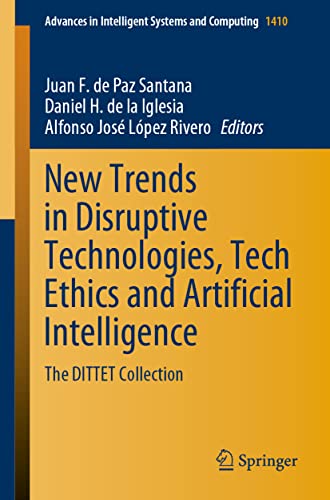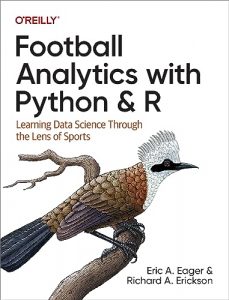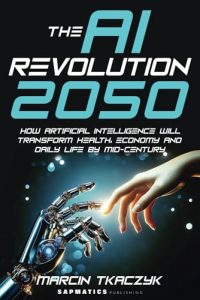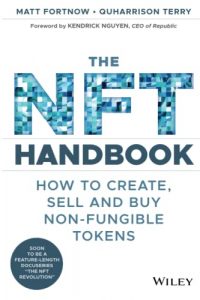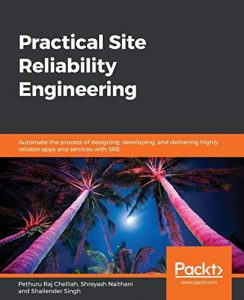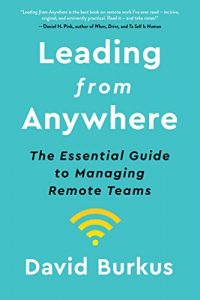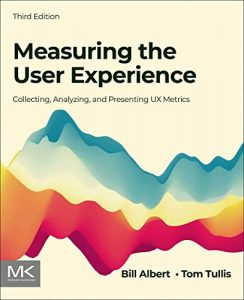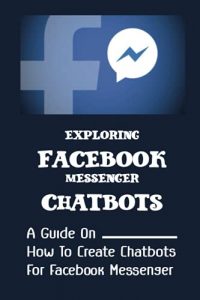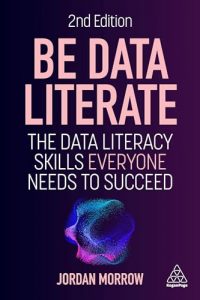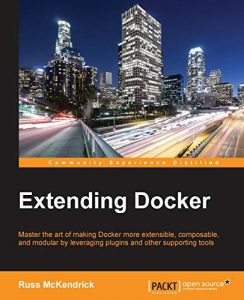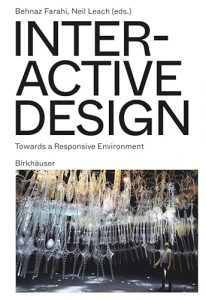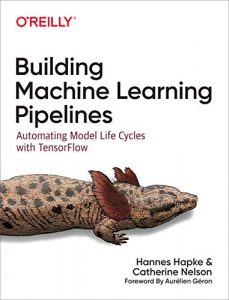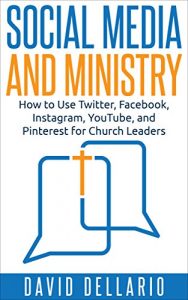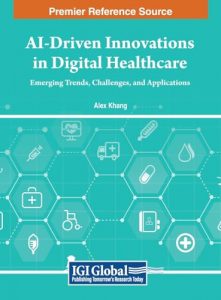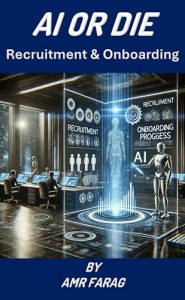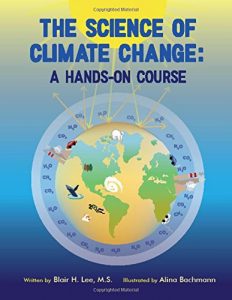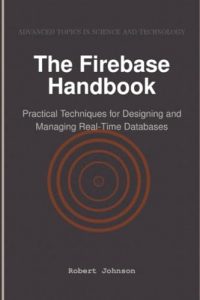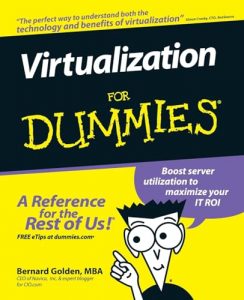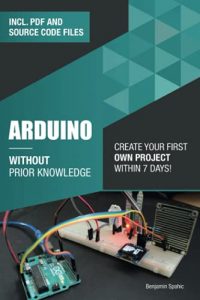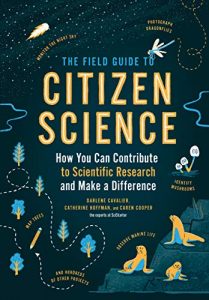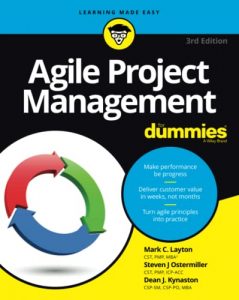1. New Trends in Disruptive Technologies, Tech Ethics and Artificial Intelligence: The DITTET Collection
This comprehensive collection brings together cutting-edge insights into the ethical frameworks surrounding disruptive technologies and artificial intelligence. Authored by leading experts, this book is essential for anyone looking to understand the complexities of modern tech ethics. The discussions within are not just theoretical but are packed with practical implications, making it a must-read for both industry professionals and academics alike. Its contribution to the field is undeniable, guiding readers through the intricate landscape of technology’s future.

2. Ethics of Scientific Research
Kristin Shrader-Frechette’s “Ethics of Scientific Research” delves into the moral dilemmas faced by researchers in various fields. It encourages critical thought about the ethical dimensions of scientific inquiry, including issues such as consent, integrity, and responsibility. This book is particularly significant for those involved in the sciences or in policy-making, providing a foundational understanding that can help navigate the ethical challenges that arise in research environments.

3. Professional Ethics in Construction and Engineering
Jason Challender’s “Professional Ethics in Construction and Engineering” sheds light on the ethical responsibilities that engineers and construction professionals hold towards society and the environment. It tackles the principles guiding their professional conduct, emphasizing the need for transparency and accountability in their projects. This crucial text equips engineering professionals with the ethical frameworks necessary to make sound decisions that benefit society at large.

4. The Tech-Wise Family: Everyday Steps for Putting Technology in Its Proper Place
In “The Tech-Wise Family” by Andy and Amy Crouch, the authors address the balance families must strike with technology in their daily lives. They provide insightful guidelines on how to prioritize human connection over screen time, which is increasingly important in today’s digital age. This book is not just a manual; it’s a roadmap for families to nurture relationships while embracing technology wisely.

5. AI Ethics in Education: Shaping the Future of Responsible Learning
With “AI Ethics in Education”, Bryce E. Harrison tackles the crucial intersection of artificial intelligence and education. As AI technologies become integral in educational systems, understanding their ethical implications is essential. This book is pivotal for educators, policymakers, and technologists aiming to promote responsible learning practices amidst rapid technological advancements. Harrison’s insights offer a vision for ethically integrating AI into educational frameworks.

6. Tech Ethics: Balancing Progress and Morality
Noah Clark’s “Tech Ethics: Balancing Progress and Morality” presents a timely examination of the moral responsibilities that come with technological advancement. This book is essential for anyone interested in the broader implications of technological progress on society. It tackles the questions of how we can advance without sacrificing our moral compass, providing a reflective exploration of ethics in the tech industry.

7. In Pursuit of Unicorns: A Journey Through 50 Years of Biotechnology
Tim Harris’s “In Pursuit of Unicorns” offers a fascinating historical perspective tailored for anyone interested in biotechnology and its ethical implications. Through the lens of 50 years of advancements, this book critically examines the promise and pitfalls of biotech innovations. It serves as an essential read for aspiring scientists, students, and industry leaders who want to grasp the ethical landscapes that accompany scientific breakthroughs.

8. The Battle for Your Brain: Defending the Right to Think Freely in the Age of Neurotechnology
Nita A. Farahany’s “The Battle for Your Brain” is a gripping exploration of neurotechnology and its ethical dilemmas. As advancements in neuroscience challenge our understanding of free will, this book is crucial for anyone invested in the implications of technology on personal autonomy. It not only defends the right to think freely but also raises awareness about the ethical battles we must prepare for in a technology-driven future.

9. Computing and Technology Ethics: Engaging through Science Fiction
“Computing and Technology Ethics” by Emanuelle Burton and others utilises a creative approach to discuss vital ethical issues faced in computing technology through the lens of science fiction. This innovative method draws readers into ethical dilemmas and encourages deeper thought about technology’s impact on society. It’s a unique and engaging read for both tech enthusiasts and those interested in ethical discussions.


